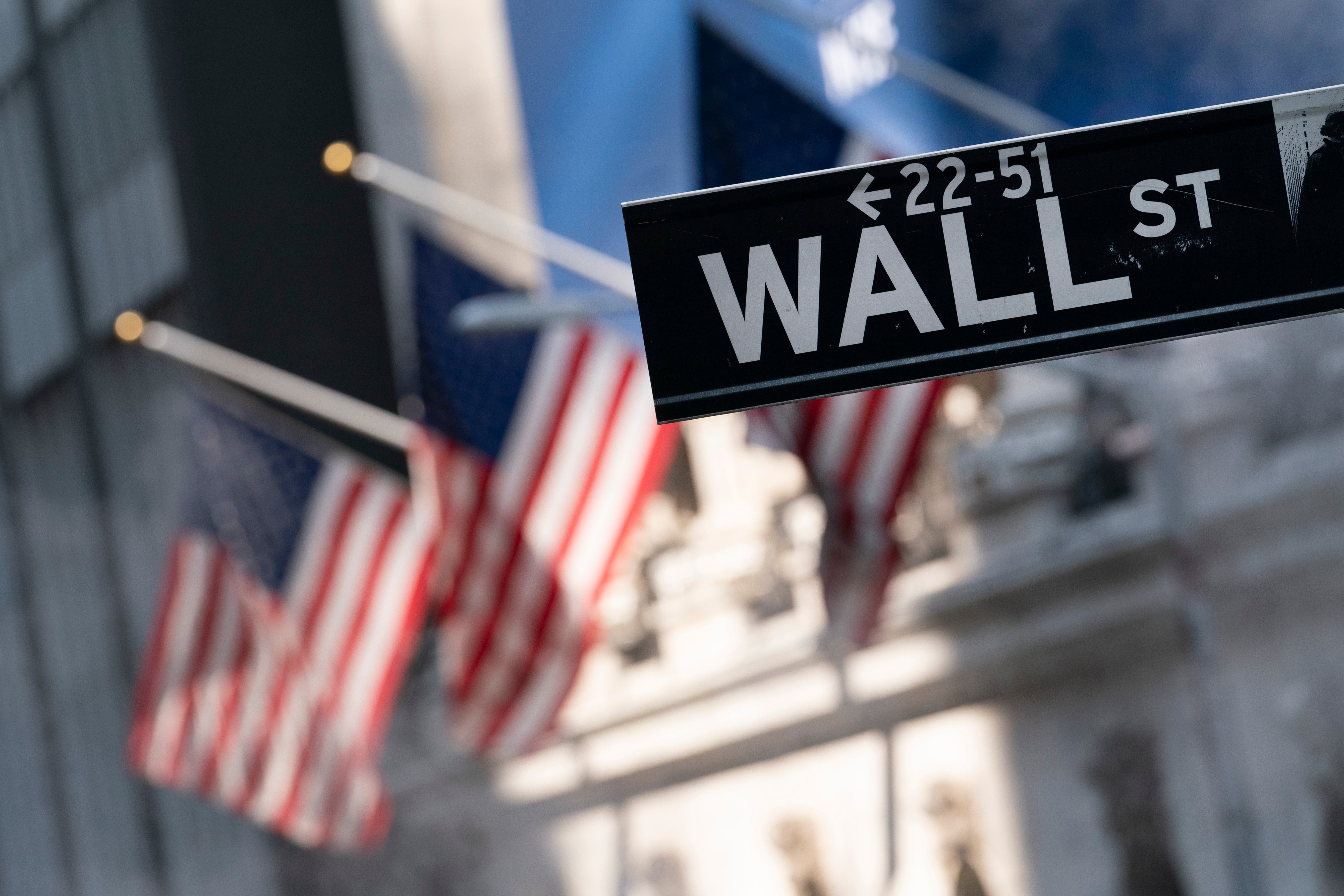Regulators are coming for banks accused of ‘greenwashing’ – it’s about time
For investors who like companies trying to fight climate change, this onslaught by regulators is better late than never, writes David Callaway


Global banks and fund managers have been put on notice that their popular environmental, social and governance (ESG) investment products face regulation for the first time in their five-year history. It’s about time.
At least three investigations were reported in the last month in the US and Germany against major banks for misleading filings and marketing information around their ESG products, including at Goldman Sachs’s asset management business last week.
The US Securities and Exchange Commission (SEC), which is preparing new rules on climate disclosure among American companies and financial firms, is probing Goldman. That follows a fine of $1.5m against BNY Mellon last month for misleading claims about its sustainable products.
In Germany, regulators raided the offices of DWS, one of the fund units of Deutsche Bank, last month in a probe. That same day, the chief executive of DWS resigned. The company has denied that it was “greenwashing” its products, using the term coined for claiming something is green to boost sales.
The investigations come as the financial world reels from higher interest rates, inflation and the impact of Russia’s invasion of Ukraine. What some are already calling a bear market comes after almost five years of soaring stocks and bonds and a boom in climate-focused ESG funds.
Demand from investors for anything sustainable or tied to so-called stakeholder capitalism led hundreds of financial firms to launch green products to rake in more assets. The looseness of the term and the confusion around what constitutes ESG has led to a wild west of marketing promotions that have inevitably tainted the entire sector and now have attracted the attention of regulators.
Even oil companies are listed in some ESG products, which cite nascent efforts at renewable energy innovation as a reason for including them, despite their much larger pollutive businesses.
We can expect that these three cases won’t be isolated. In particular, the SEC and its chairman, Gary Gensler, are going to come hard at the industry this summer, to put some muscle behind new disclosure rules designed to help investors determine who is actually trying to reduce their carbon emissions and who is just riding the marketing wave.
To keep up to speed with all the latest opinions and comment, sign up to our free weekly Voices Dispatches newsletter by clicking here
As a rule of thumb, I try to focus on funds and products that actually prove the underlying company or fund is contributing to reducing emissions or decarbonising. Everything else is suspect, particularly those firms claiming to be net-zero on carbon emissions by simply buying carbon offsets to pay for their pollution.
For the investment industry, this was a long time coming, and most companies were well aware once the markets turned sour the regulators would come pouring in. No doubt compliance executives across Wall Street, the City, and other financial centres are scrambling as we speak to get their ESG documents up to snuff. For many, it is already too late.
For investors, especially those who really care about putting money into innovative companies trying to fight climate change and aim for more diversity, this type of offensive by regulators is better late than never.
When the markets rebound, which they will, the cream of those ESG products will pay off handsomely.
David Callaway is founder of Callaway Climate Insights and former editor-in-chief of USA Today






Join our commenting forum
Join thought-provoking conversations, follow other Independent readers and see their replies
0Comments